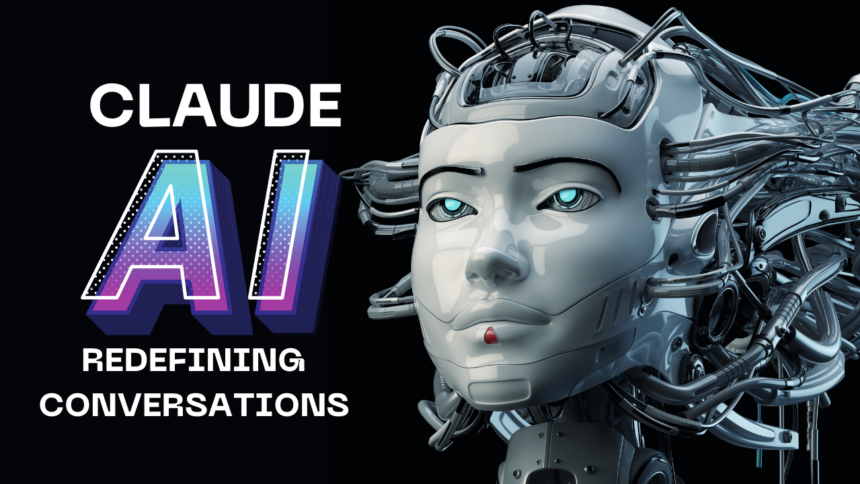The first time I used Claude AI, I wasn’t expecting much. I figured it would be like most chatbots decent at spitting out facts, not so great at feeling human.
Then I asked it a tricky question something with a bit of nuance and the reply came back calm, thoughtful, and easy to follow. Not just accurate, but kind of… considerate.
That’s when I realized Claude was doing something different.
What Is Claude AI?
Claude is a chatbot developed by Anthropic, a company focused on building AI that’s helpful, safe, and grounded in everyday human interaction. At its core, it’s a language model like others you’ve probably heard about but it’s trained with an emphasis on clarity, balance, and reducing harmful outputs.
In simple terms? It talks like it actually listens.
Why People Are Paying Attention
With so many AI tools out there, what makes Claude stand out?
It’s not just what it says it’s how it says it. The tone is more measured. The responses feel less rushed. It doesn’t try to show off or overwhelm you with information. It responds in a way that feels useful, but not robotic.
People have described it as “the calm friend you’d ask for advice” which is saying a lot, considering it’s software.
Use Cases That Go Beyond Search
Claude isn’t here to replace search engines. It’s designed to help you think things through, explore ideas, and have deeper back-and-forth interactions.
Some examples:
- Writers use it to brainstorm or improve drafts
- Students break down complex topics into simple steps
- Teams use it to outline plans or clarify documents
- Everyday users chat with it just to think out loud and actually feel heard
It’s less about “getting an answer” and more about “figuring something out together.”
What Sets It Apart Behind the Scenes
Claude is built with a set of safety principles meant to guide how it responds. That means it’s more likely to flag unclear questions or avoid jumping into risky advice.
And while other bots sometimes give you a wall of text, Claude often leans into short, thoughtful answers the kind you’d get from a good teacher or patient coworker.
It’s not trying to be everything at once. It’s trying to be helpful first.
Limitations? Sure. But Nothing Unexpected
Claude isn’t perfect. It can still misinterpret tricky questions. It won’t always have up-to-date info. And sometimes, like all large models, it’ll guess at an answer even when it’s not totally sure.
But what it won’t do is confidently lead you down a wrong path with flashy language. It’s cautious in a way that makes it feel more trustworthy especially for people who want to use AI but don’t want to feel like they’re rolling the dice every time they ask a question.
So, Who’s It For?
Claude works well for people who want more than just surface-level answers. If you like having conversations where you can pause, reflect, and dig a little deeper, it’s worth trying.
Whether you’re working through a decision, breaking down an article, or just curious about something weird you read online Claude’s the kind of tool that makes it easy to explore without pressure.
Final Thought: Why This Matters
We’re used to chatbots that answer questions. Claude is part of a new wave tools that understand the questions before answering. That small shift in design changes everything about the experience.
It’s not just about getting smarter replies. It’s about getting ones that make you think more clearly and maybe even trust the process a little more.


